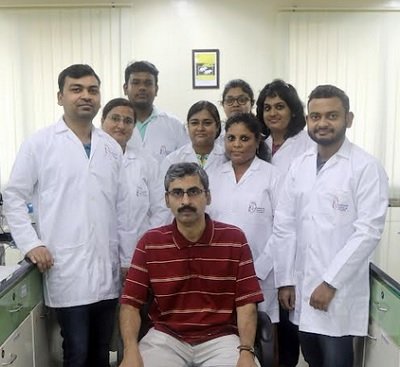IIT-M identifies metabolic disease-related gene/protein variation in Indians, South Asians
January 31, 2022 | Monday | News
15 per cent of Indian and & other South Asian populations had the variation
An Indian Institute of Technology Madras (IIT-M) led International Research Team has identified a gene/protein variation present among Indians and other South Asians that increased their risk of diabetes, heart attacks and hypertension.
The researchers found that the variation was present in approximately 15 per cent of Indian and other South Asian populations. The researchers also found that people carrying this variant are 1.5 times more likely to have hypertension, type 2 diabetes, and coronary artery disease. This combination could account for the higher prevalence of metabolic diseases among Indians and other South Asians.
Pancreastatin is a small part (peptide) of a protein called Chromogranin A (CHGA) found in mammals including humans. It exerts important physiological effects, mostly with respect to insulin release. It inhibits the release of insulin in the body in response to blood glucose/glucagon and drugs like sulphonylurea.
It also inhibits insulin-induced uptake of glucose by certain cells thereby contributing to insulin resistance. This peptide is also shown to enhance glucose synthesis from non-carbohydrate sources in the liver.
The sequencing of the gene responsible for the CHGA protein has shown that several variants exist for Pancreastatin in various populations of the world. Of the many variants, one called Glycine297Serine has been shown to be more potent in inhibiting insulin-induced glucose uptake than the wild-type or other variants of the peptide.
The IIT Madras team had earlier analysed the effect of this genetic variation on cardiovascular and metabolic disease states in a small Indian population (n≈400). They found that variation was associated with higher plasma glucose levels.









